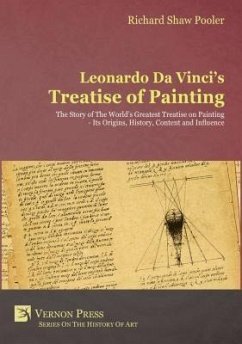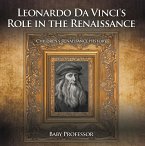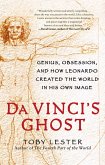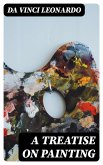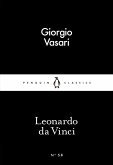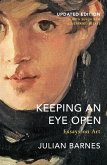This book traces the story of the world's greatest treatise on painting - Leonardo Da Vinci's "Treatise of Painting". It combines an extensive body of literature about the Treatise with original research to offer a unique perspective on: • Its origins, and history of how it survived the dispersal of manuscripts; • Its contents, their significance and how Leonardo developed his Renaissance Theory of Art; • The development of both the abridged and complete printed editions; • How the printed editions have influenced treatises and art history throughout Europe, the Eastern Mediterranean, and America from the Seventeenth to the Twentieth Centuries.
Dieser Download kann aus rechtlichen Gründen nur mit Rechnungsadresse in A, D ausgeliefert werden.

